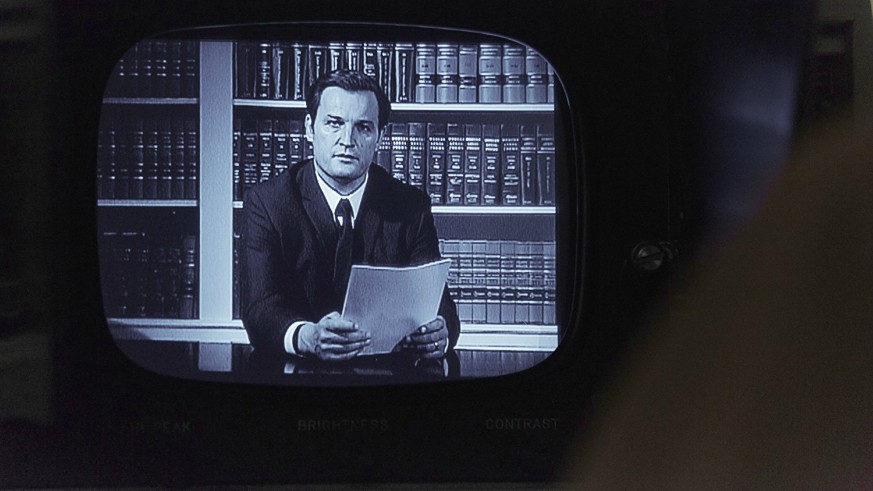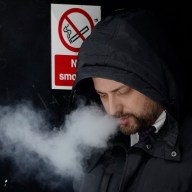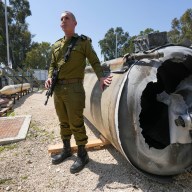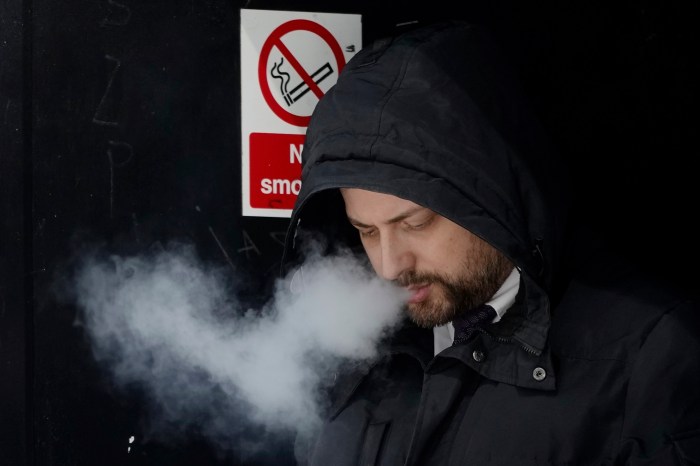No-one will ever really know what happened on the night of Friday July 18, 1969, on the island of Chappaquiddick, Massachusetts.
All we know is that senator Ted Kennedy accidentally drove a car off a one-lane bridge into a tidal channel, didn’t report the incident for 10 hours, by which time his passenger Mary Jo Kopechne had died inside the fully submerged vehicle.
John Curran’s drama revolves around this accident, the events that led up to it, and the fall-out, too. Australian actor Jason Clarke was the man tasked with bringing Kennedy to life, and at the start of March I had the chance to talk to him about “Chappaquiddick.” Specifically how truthful it remained to the events that happened, and how much artistic license was taken.
“Pretty much mostly truthful. That speech at the end is verbatim,” explained Clarke. “What was done and the fact that the doctor’s report shows that there were bubbles in the blood, which indicates that it is asphyxiation rather than drowning, because the air ran out in the pocket.”
“The fact that he was in the cafe in the morning. The fact that he asked what time it was at 2 o’clock in the morning. It is based on fact.”
Clarke also went into detail about leaving certain events in the film open to interpretation, while admitting that other parts of the story will seem fake, because they were just so absurd.
“We didn’t go into whether Ted and Mary Jo slept together down at the beach. We didn’t want to do all of that, because it wasn’t the point of the story.”
“We didn’t want to be accused of taking too many licenses. I think that would make it lose its power. Nothing is ever 100%, because there are different conversations. But these things did happen. In lieu of what went down this is what we think did happen.”
“We haven’t overly dramatized it. I mean, some of it is crazy. Ted wearing the neck brace to the funeral. I couldn’t believe that.”
“And when you see that story that he told in the speech. ‘And then I jumped into the water, impulsively swam to the other side, nearly drowning in my efforts.’ That’s just a ludicrous statement. And yet he made it.”
Clarke believes that the film could have been released while Kennedy, who died in August, 2009, was still alive. But doing so would have made “Chappaquiddick” part of the “political game.”
“Because he was still a sitting senator. We never wanted to be a pro democrat, or pro republican film. It was meant to be a moral story about choice and story and responsibility.”
“Plus it is one of the most famous events in modern American history that no-one knows anything about. I thought I knew the story but I had no idea.”
In the end, though, Clarke is pretty damning of what Kennedy did on that fateful night. “What he did by walking away was a heinous act. He left a woman in the car.”
“Chappaquiddick” is now in cinemas.















